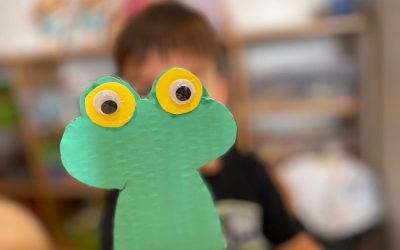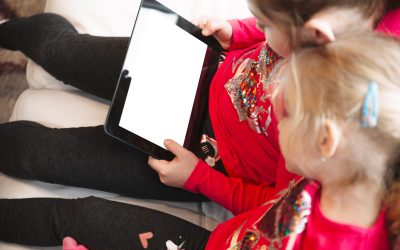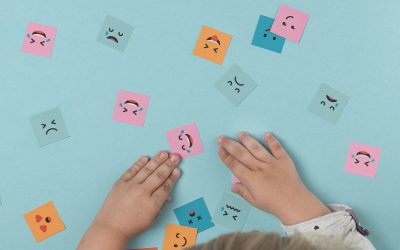The process of discovering their own identity and gaining independence during children’s developmental stages is of great importance for healthy personality development. The self-confidence, self-sufficiency, and ability to act independently gained during this period allow children to both understand themselves and build strong relationships with their environment. The period between the ages of 2-6 plays a crucial role in autonomy, entrepreneurship, and identity development.
During this period, children begin to explore their environment and develop their skills through experience. Children between the ages of 2-3 discover the feeling of “I can do it” and develop a strong desire to learn self-care skills, such as eating by themselves, dressing, or helping with simple household chores. Between the ages of 3-6, they try to understand their surroundings better by playing creative games, taking on responsibilities, and being open to new experiences. Supporting these entrepreneurial behaviors contributes to their growth into confident, responsible, and independent individuals in the future.
Independence and Healthy Psychological Development
Independence has a very positive effect on children’s psychological health. When children grow up in an environment that supports their independence, they develop strong decision-making skills, emotional resilience, and social adaptability. Children who are given space to grow realize that making mistakes is a natural learning process, which strengthens their problem-solving abilities.
However, an excessively controlling attitude that limits children’s independence can negatively affect their self-confidence and cause anxiety. Adopting a safe, encouraging, and supportive approach helps children feel valued and allows them to explore their surroundings with confidence. The freedom given to them not only supports their current development but also contributes to their future success and happiness.
Therefore, it is crucial to create an environment that instills trust in children during their developmental processes while also encouraging them to try and learn. This approach helps them become confident, independent individuals who can cope with life. To help children gain independence and discover their self-identity, you can apply the following methods:
Suggestions for Supporting Children’s Independence:
1. Provide Safe and Balanced Independence:
- Ensure that your child feels your presence while supporting them in gaining new experiences.
- Encourage them when they try something new, and offer patient support when they fail.
- Strengthen their self-confidence by allowing them to progress in small steps.
2. Support Self-Care Skills:
- Allow your child to eat on their own, choose their clothes, and dress themselves.
- If they have developed toilet habits, encourage them to manage this process independently.
- Support them in taking responsibility for daily routines (such as washing hands, brushing teeth).
3. Allow Time for Independent Play and Exploration:
- Provide opportunities for your child to play independently and explore nature.
- Encourage creativity by using open-ended toys (such as Legos, blocks, or playdough).
- Limit technology use and promote active and physical play.
4. Foster Separation and Independent Movement Skills:
- Plan short periods of separation to help your child spend time on their own.
- Encourage them to play and explore within safe boundaries on their own.
- Allow them to establish their own communication in social settings (like parks or playdates).
5. Strengthen Decision-Making and Responsibility Skills:
- Involve your child in daily planning by asking for their opinion (e.g., “Which game would you like to play?” or “Which fruit would you like to eat?”).
- Encourage them to take on simple household tasks (such as tidying up toys or helping set the table).
- Guide them to develop problem-solving skills by providing direction but allowing time for them to find solutions independently.
These methods help children build self-confidence, develop a sense of responsibility, and grow into independent individuals.




